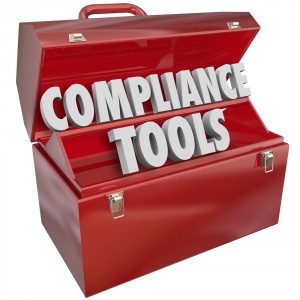
Brad Bennett, Executive Vice President and Chief of Enforcement, was quoted in the press release as stating that, “Firms must have robust supervisory systems to monitor and protect the movement of customer funds. Morgan Stanley and Scottrade had been alerted to significant gaps in their systems by FINRA staff, yet years went by before either firm implemented sufficient corrective measures.”
In the Morgan Stanley settlement, FINRA alleged that from October 2008, to June 2013, three Morgan Stanley brokers in two different branch offices converted a total of $494,400 from thirteen customers by creating fraudulent wire transfer orders and checks to third-party accounts. In one example, the brokers moved funds from multiple customer accounts to their own personal bank accounts. FINRA found that in these instances Morgan Stanley’s supervisory systems and procedures to review and monitor transmittals of customer funds through wire transfers were not reasonable and could not detect multiple customer account transfers to the same third-party accounts and outside entities. In sum, FINRA found that the supervisory failures allowed the conversions to go undetected.
As for the Scottrade settlement, FINRA found that the firm failed to establish a reasonable supervisory system to monitor for wires to third-party accounts. FINRA alleged that from October 2011, to October 2013, Scottrade did not obtain any customer confirmations for third-party wire transfers of less than $200,000. FINRA also found that Scottrade failed to ensure that the firm obtained confirmations for third-party wire transfers of between $200,000 and $500,000. FINRA found that these failures led to the firm processing over 17,000 third-party wire transfers totaling more than $880 million without adequate supervision.
Investors who have suffered losses may be able recover their losses through securities arbitration. The attorneys at Gana Weinstein LLP are experienced in representing investors in cases where their broker has acted inappropriately. Our consultations are free of charge and the firm is only compensated if you recover.
